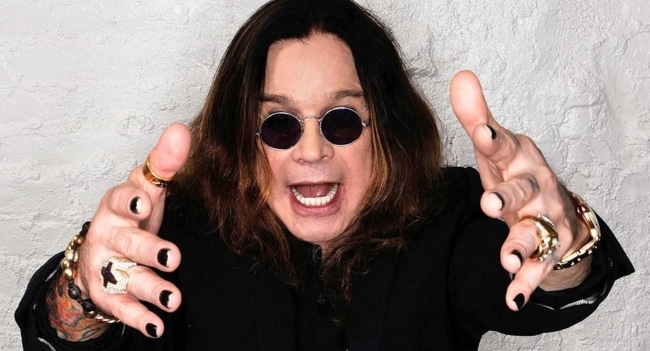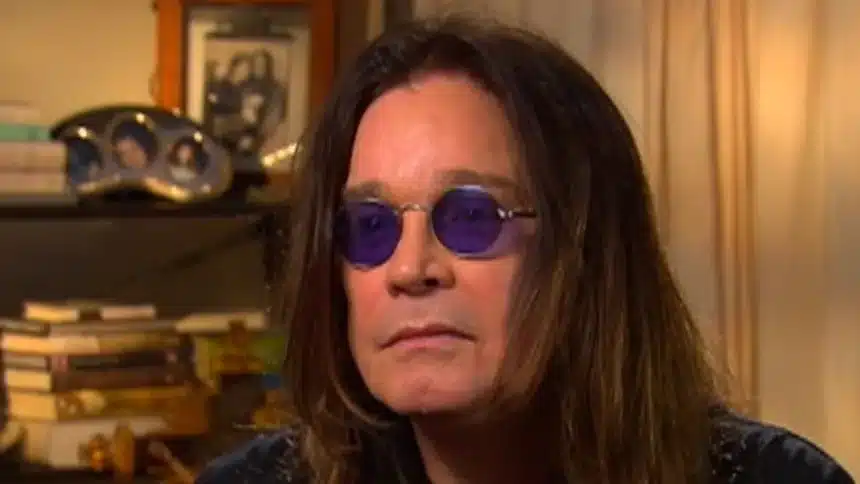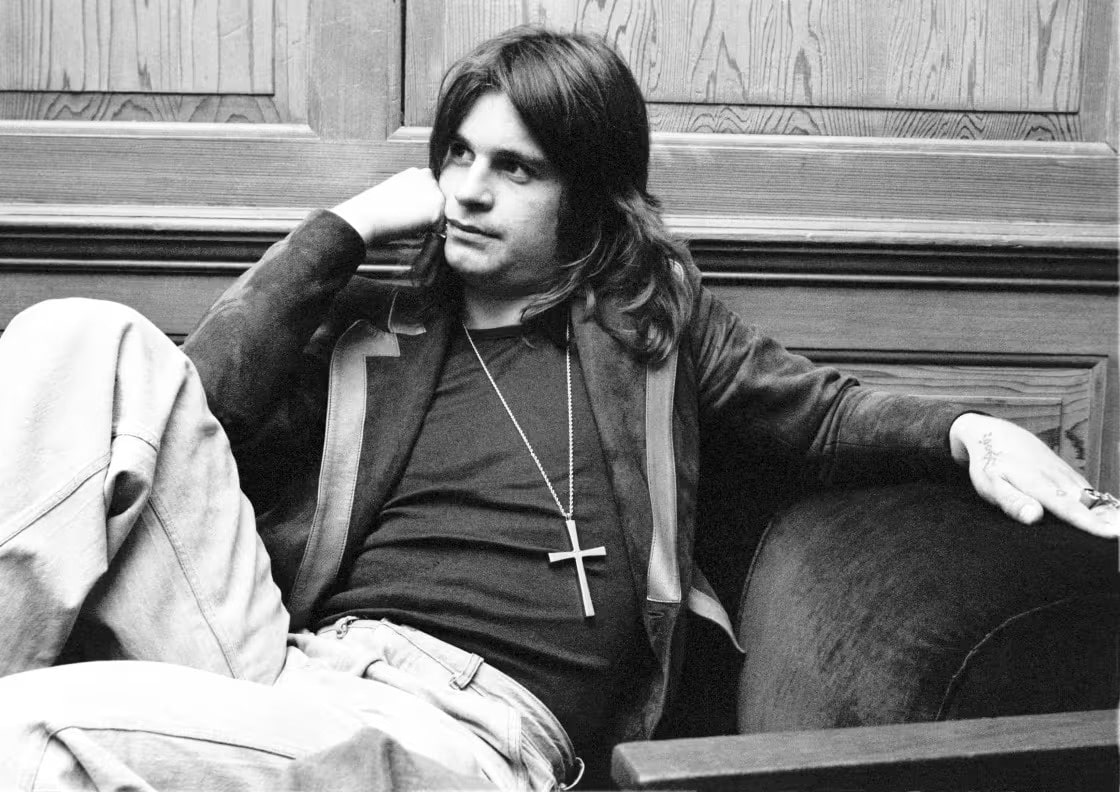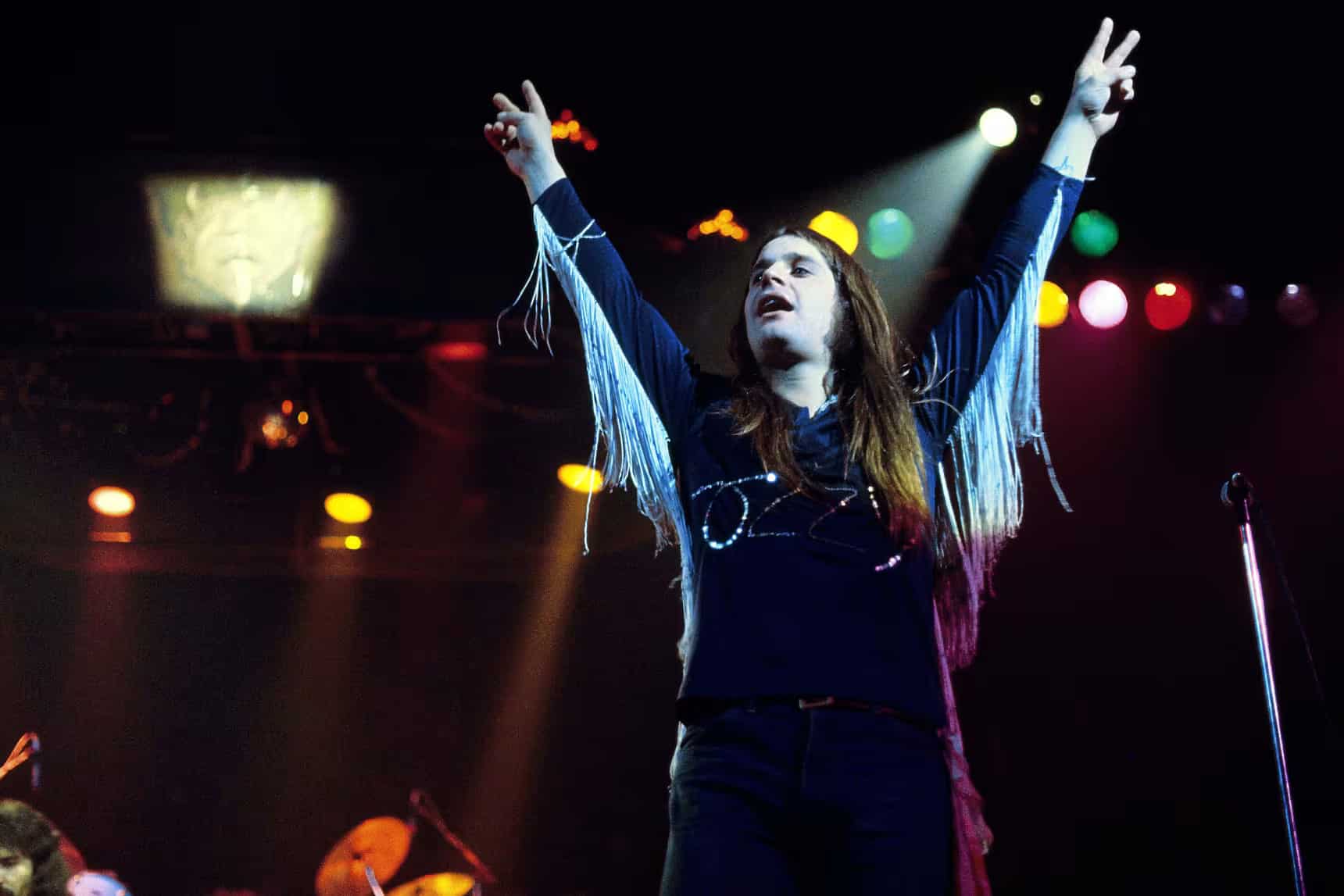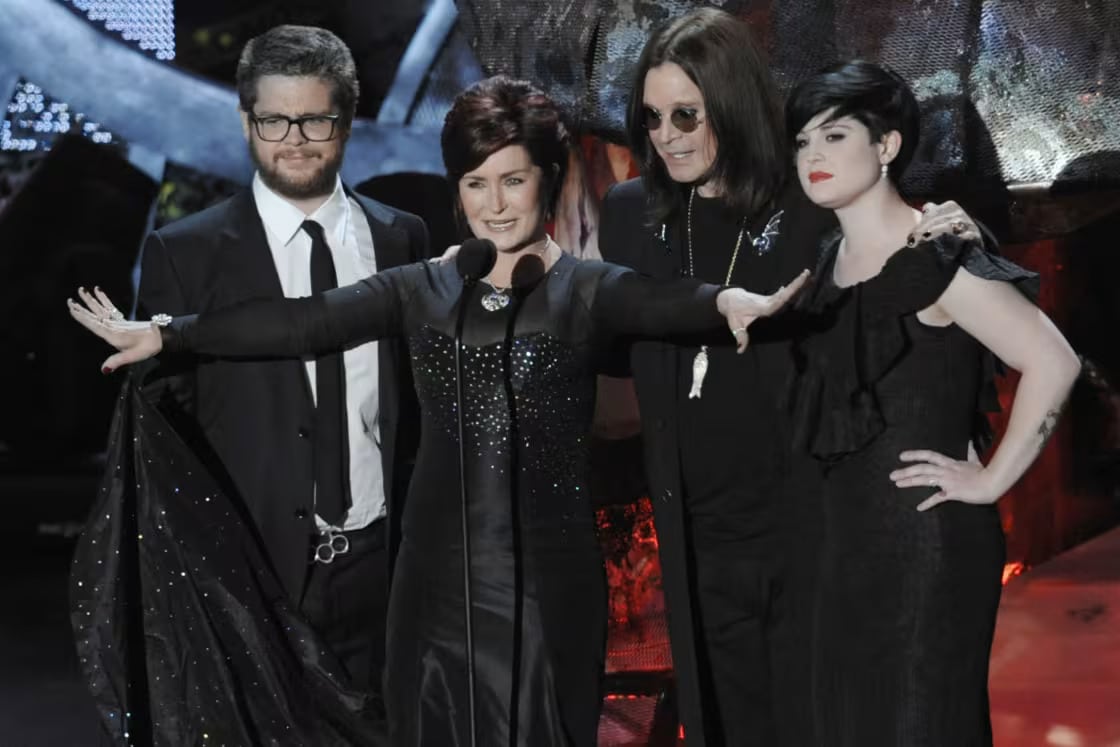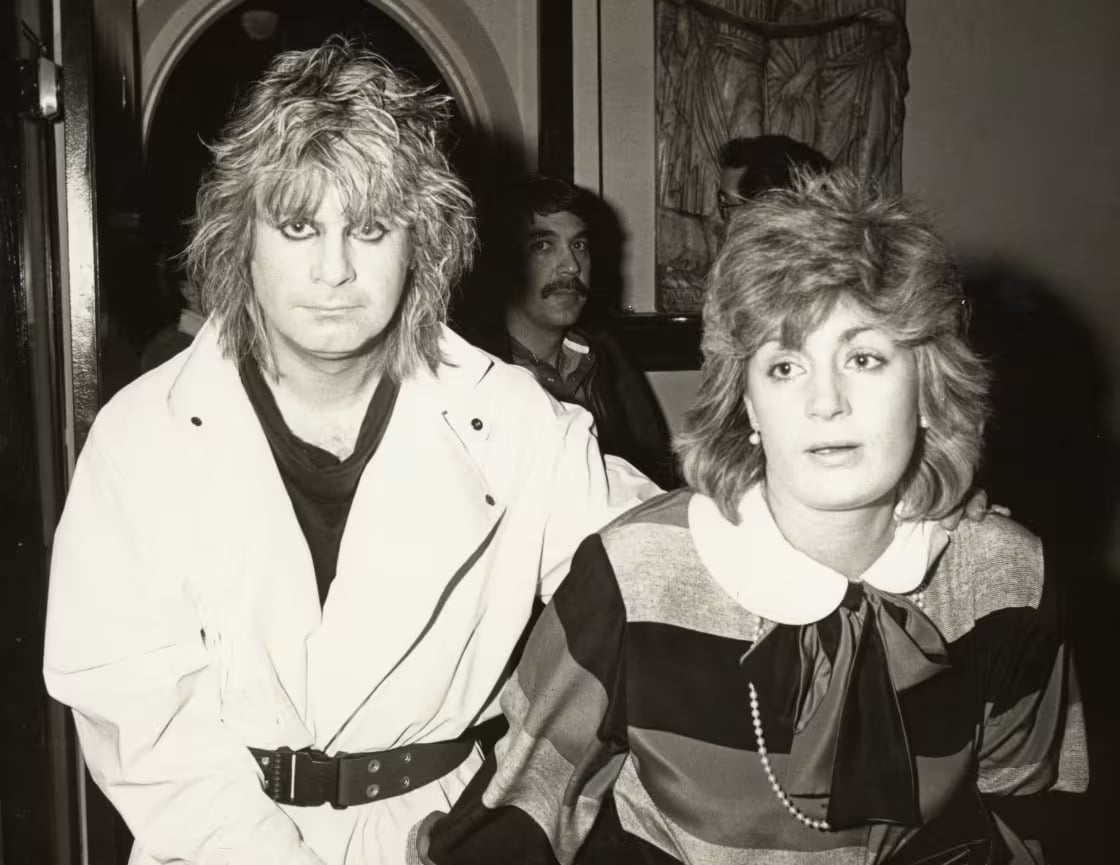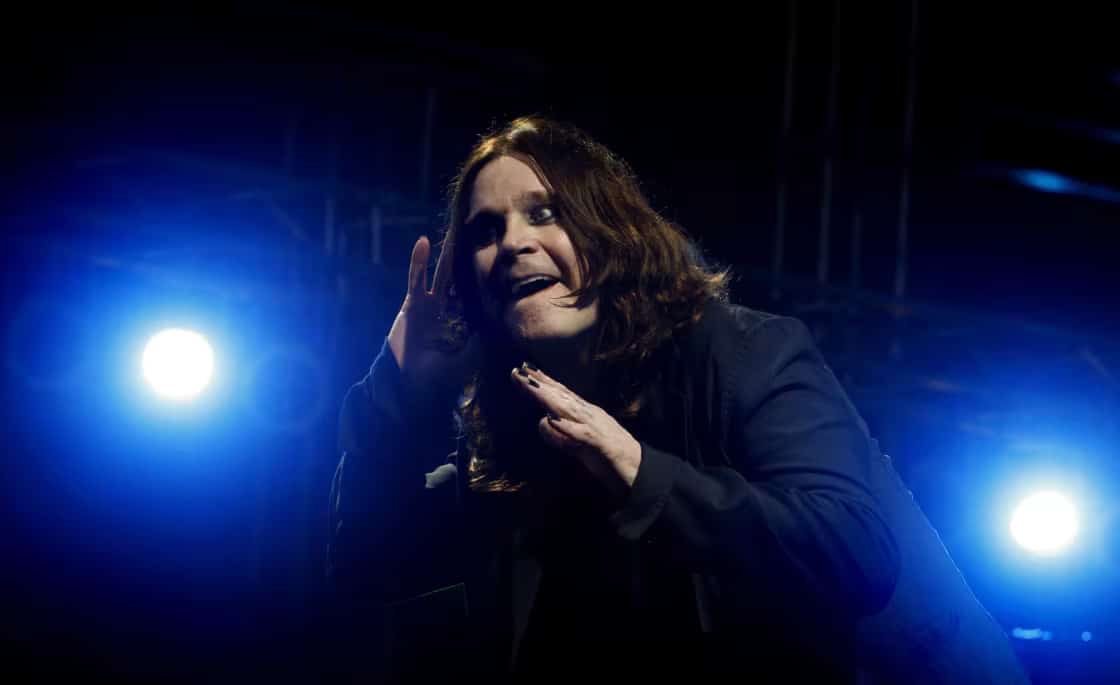Ozzy Osbourne Dies at 76: Rock’s Prince of Darkness Leaves Behind a Legacy Like No Other
Ozzy Osbourne, the trailblazing frontman of Black Sabbath who helped birth heavy metal and lived a life as wild as his music, has died at the age of 76. The legendary singer passed away surrounded by his family, according to a statement released by his loved ones:
“It is with more sadness than mere words can convey that we have to report that our beloved Ozzy Osbourne has passed away this morning. He was with his family and surrounded by love. We ask everyone to respect our family’s privacy at this time.”
His death comes just weeks after a powerful reunion with original Black Sabbath bandmates Tony Iommi, Geezer Butler, and Bill Ward for one final performance in their hometown of Birmingham, England. Seated on a leather throne, too frail to stand, Osbourne’s voice still soared through classic anthems like “Iron Man,” “War Pigs,” and “Paranoid” before 45,000 fans—and millions more streaming online.
After the news broke, Black Sabbath’s official page offered a succinct tribute: “Ozzy Forever.”
From Birmingham’s Streets to Rock Royalty
Born John Michael Osbourne on December 3, 1948, in working-class Birmingham, Ozzy came from humble beginnings. One of six children, he left school early, bounced through factory jobs, and even served time for burglary before finding his calling in music.
In 1968, he joined forces with guitarist Tony Iommi, bassist Geezer Butler, and drummer Bill Ward in a band that would soon evolve into Black Sabbath—a name inspired by a horror film and fitting for their doom-laced sound. With their 1970 self-titled debut and follow-up Paranoid, the band created something entirely new: heavy metal. Though critics initially mocked them, fans heard something honest, dark, and powerful—and never looked back.
Black Sabbath’s success was driven by Osbourne’s haunting, unmistakable voice. “He wasn’t classically great, but he had that X-factor,” said music professor Mark Tavern. “His voice was instantly recognizable and matched the mood of the music perfectly.”
A Wild Life, A Loving Partner
Osbourne’s appetite for chaos became as legendary as his music. Biting the head off a bat during a 1982 concert, urinating on the Alamo, and allegedly snorting ants with Mötley Crüe all added to his mythos. Scientists even once described him as a “genetic mutant” for his ability to withstand so many drugs and survive.
Yet behind the madness was a love story. Sharon Osbourne, who became his manager after he was fired from Black Sabbath in 1979, also became his wife and savior. She helped launch his wildly successful solo career, beginning with Blizzard of Ozz and the hit “Crazy Train,” and later created Ozzfest—a festival that helped propel the next generation of rockers.
Sharon also helped give fans a look into the domestic side of the rocker through The Osbournes, the MTV reality show that reintroduced him to a new generation. It was a surreal blend of rock legend and relatable dad, and it worked.
The Final Bow
In the years leading up to his death, Osbourne battled Parkinson’s disease and underwent multiple spinal surgeries. He was candid about his declining health, often joking about his “borrowed time.” But through it all, he never lost his love for music or his desire to connect with fans.
His final show on July 5, 2024, was a celebration and farewell all at once. Metal giants like Metallica, Slayer, and Alice in Chains joined the tribute, performing Sabbath and solo hits in honor of the man who paved the way.
A Complicated Legacy, A Lasting Impact
Despite being dismissed early on by critics, Osbourne lived long enough to see the world embrace him—not just as a rock god but as a cultural icon. He performed for royalty and presidents. He was a madman, a showman, a survivor.
As heavy metal historian Eddie Trunk put it, “He may not have had the best voice, but he had one of the greatest presences. He was a character people loved.”
He is survived by Sharon, his six children—Jessica, Louis, and Elliot from his first marriage, and Aimee, Kelly, and Jack from his second—and generations of fans who saw in him not just darkness, but raw truth and unforgettable music.
In a 2002 Rolling Stone interview, Osbourne said he was fine with being remembered as “the guy who bit the head off a bat.” But added:
“I’ve done a lot for a simple working-class guy. I made a lot of people smile… and at least I’ll be remembered.”
And he will be. Always.
Ozzy Forever.
